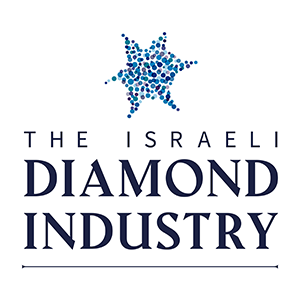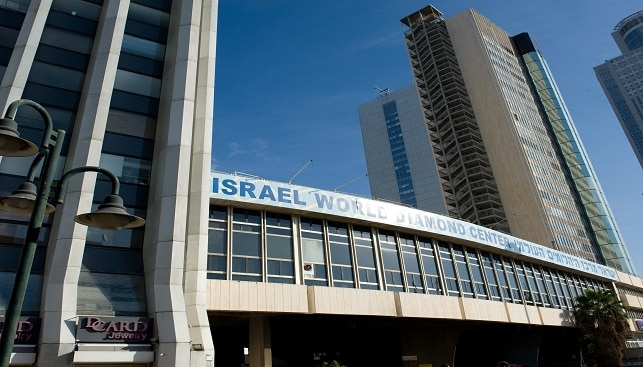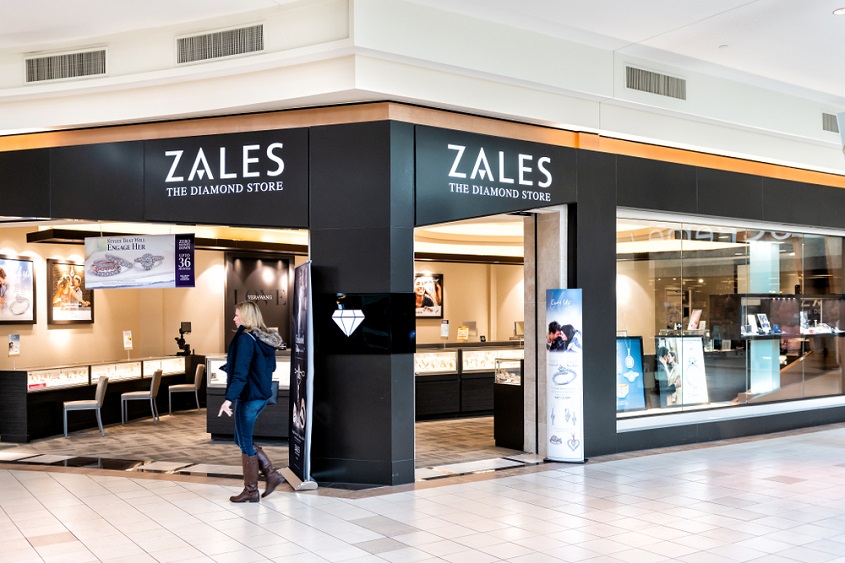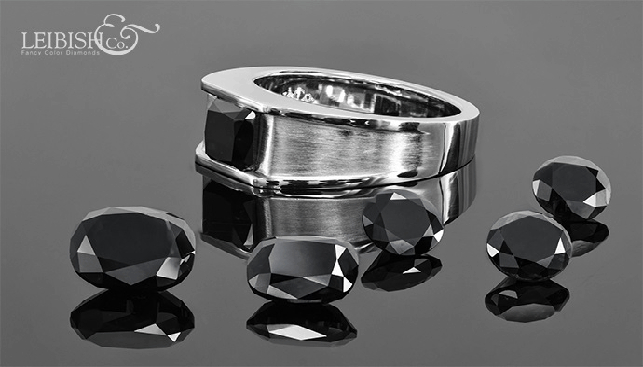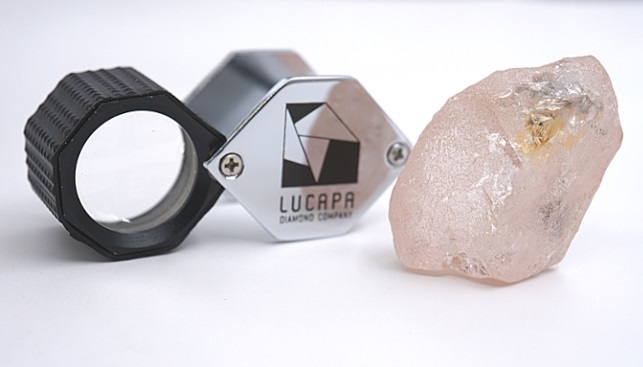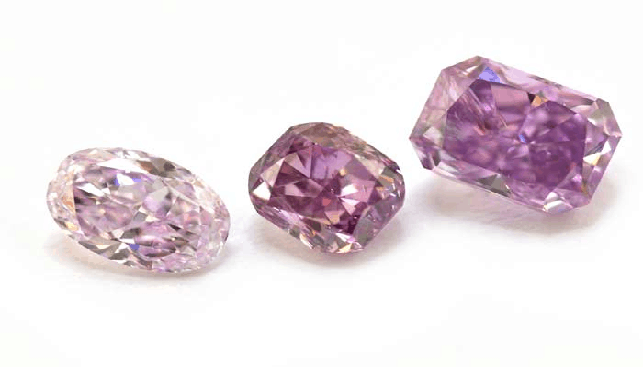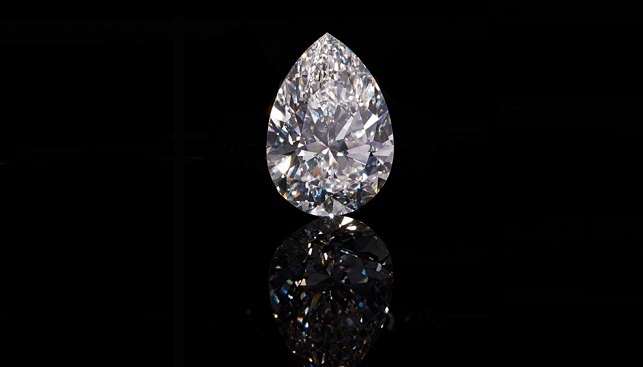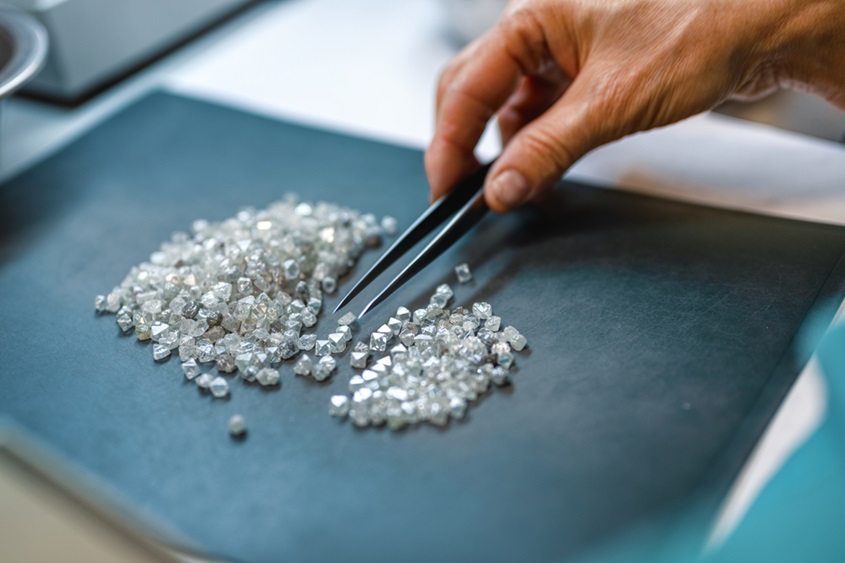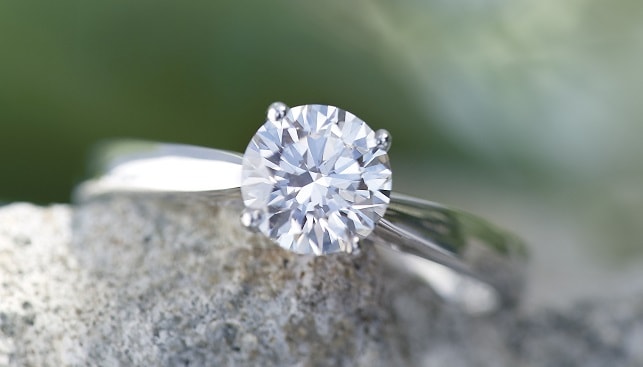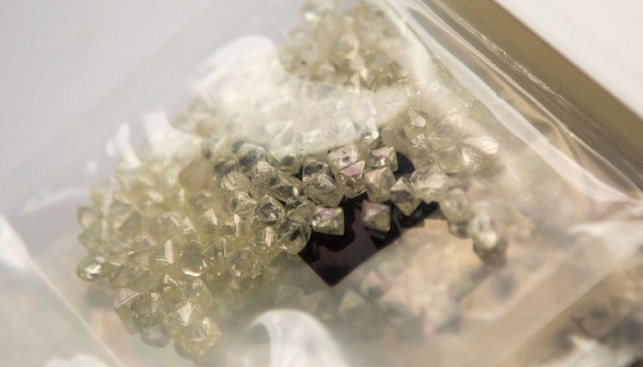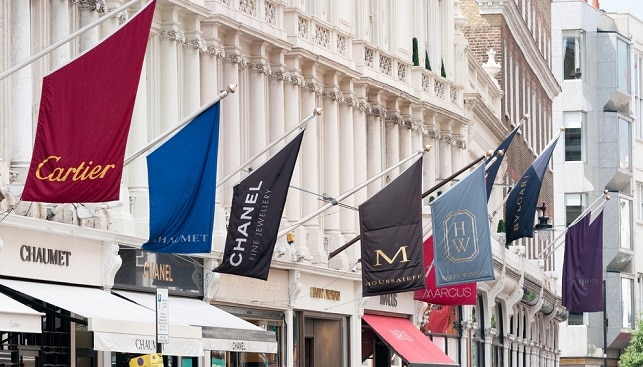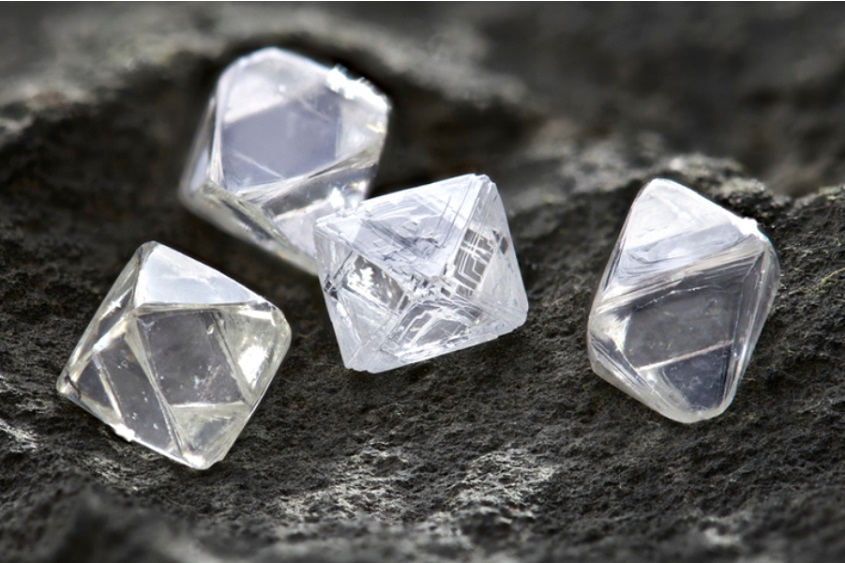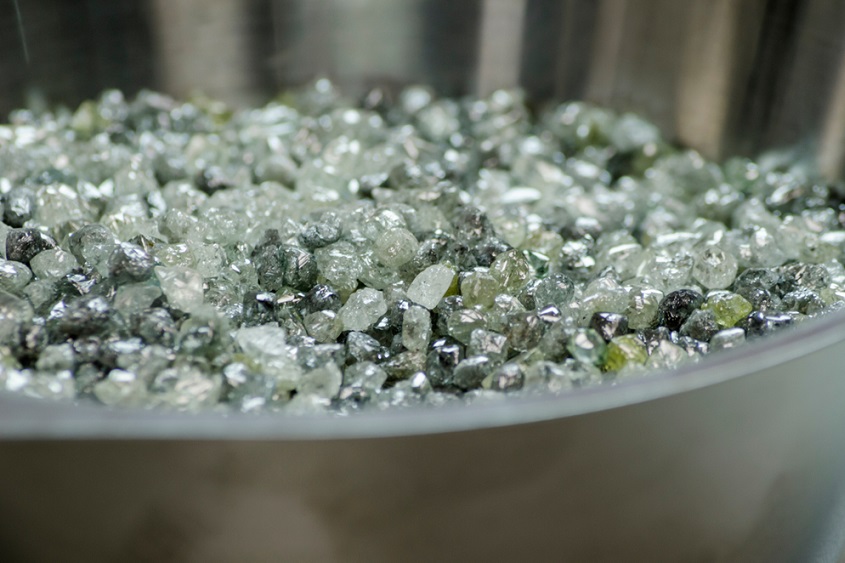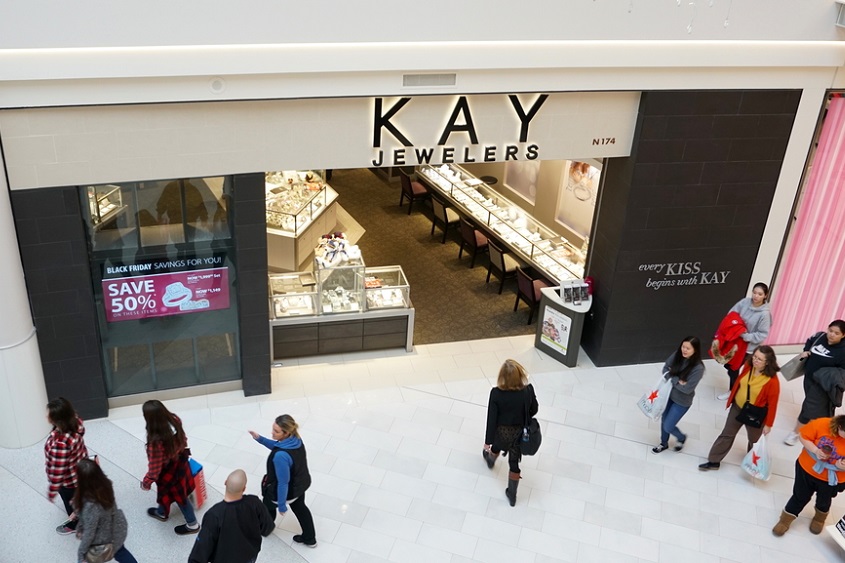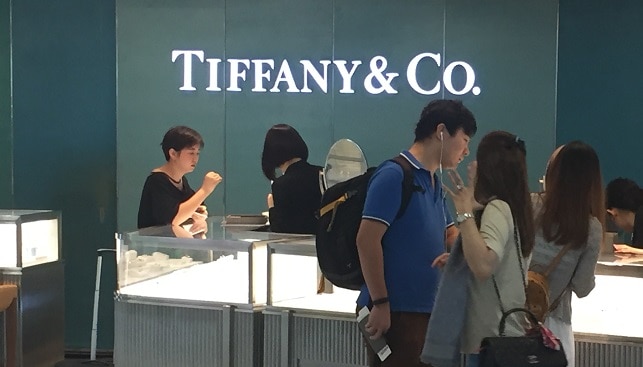Aviel Elia, an attorney by profession, has served as Legal Adviser and Company Secretary of IDI since 2013. As a key member of the Israel Diamond Institute (IDI) management team, he has been involved in developing company strategy and negotiating all critical company transactions. He has been responsible for many aspects of corporate and operational management, including budgets, regulatory processes and implementation, and has represented the Institute in dealings with government and official bodies.
Aviel Elia holds a BA in Business Administration and LLB from the Interdisciplinary Center Herzliya and is studying towards an Executive MBA at Hebrew University. A security expert, he held a number of managerial positions in the State Security Services and the Israel Airports Authority’s security system. Now, as the Managing Director of IDI, Aviel Elia is putting in all efforts to steer the organization to grow its full potential.
Here, in an Interview with Rough&Polished, Aviel Elia talks about IDI’s initiatives and plans going forward.
Some excerpts:
Over the years, in what areas has IDI worked together with different sections of the industry to strengthen the Israeli diamond sector? Having served in various positions in IDI, can you spell out a few major initiatives of IDI that has boosted the Israeli industry in recent years?
One of IDI’s main functions is the international marketing of the industry. Over time we have developed expertise in business promotion, marketing initiatives and public relations. For example, we are responsible for the Israel Diamond Pavilions in major trade shows around the world and are always experimenting with new ways to aid our exhibitors and attract more buyer traffic to the pavilion. Another area is in e-commerce: We initiated and continue to develop the Israeli industry’s B2B internet trading platform – Get-Diamonds. We also created the cooperative agreement for the Israeli industry with the B2C e-commerce site James Allen, which is one of the largest in the U.S. market.
There are many more areas we are involved in – for example we are building a new polishing facility for large stones that will be within the diamond exchange complex. We are partners in the Diamond Tech innovation center and are active participants in the annual International Diamond Weeks in Israel.
Also, IDI’s status as a quasi-governmental non-profit (the government has a representative on our board) enables us to function as the instrument through which the government can provide support to the Israeli diamond industry.
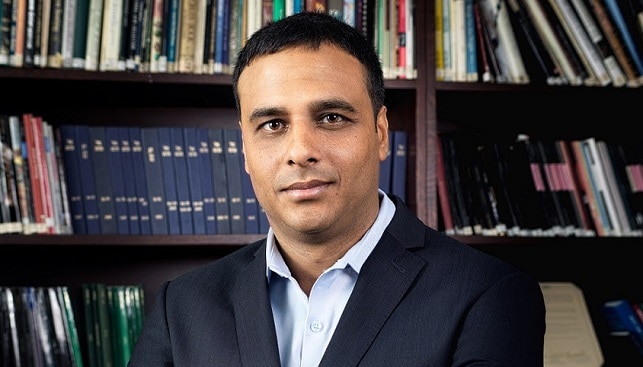
In this last one year of your tenure as MD, what new projects have been initiated and what kind of assistance have IDI provided to diamantaires? What new missions and activities of IDI are in the pipeline for the next few years for further growth of the Israeli diamond industry?
This past year has been pivotal in the industry’s relationship with the Israeli government, and we have been key players in this activity. This was the first time that the Israeli government provided direct support to the diamond industry for export promotion, which is something that is routinely done for other industries. We worked with the government to negotiate this agreement, received the funding and worked with other parts of the industry to put it to the best possible use.
IDI also invested great efforts in strengthening e-commerce avenues. For example, our efforts in growing James Allen led to $30 million in Israeli diamond sales in 2018, a rise of more than 100% over 2017 and 250% over 2016.
During 2019 we will be strengthening our marketing activities to promote diamond exports through ad hoc campaigns in our major markets of the US and Hong Kong, and we are exploring entry into new markets.
Israel is one of the world’s leading diamond centres today. While other manufacturing centres like China, India, etc., are quick to adapt to newer technologies, what steps are being taken by Israel to upgrade technological innovations & which is the latest one?
I’m sure that you know that Israel is known as the Start-Up Nation, because of the large number of high tech companies here. In the diamond industry, almost all of the technological innovations used in the global industry originated in Israel: laser cutting, automatic brutting machines, the Sarine computerized mapping and planning system for rough diamonds, were all invented in Israel and in most cases in IDI’s Technological Center. Now we are no longer working in-house, but have adopted a model that is quite popular with start-ups. Together with the Israel Diamond Exchange (IDE), we established the Diamond Tech innovation center which functions as a technological incubator, and which hosts early-stage start-ups that are in some way connected to the diamond industry. In addition to giving them office space and services, we help them benefit from their position within the diamond complex and the access that affords them. For example one of the companies, Inova, which uses augmented reality to virtually try on rings and other jewelry is participating with us at the JCK Las Vegas show.
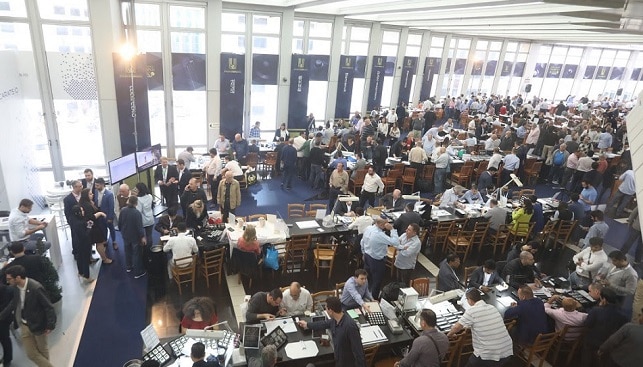
Does IDI help the industry in rough diamond sourcing? If yes, how? How important is legitimate sourcing for the Israeli diamond industry? What deterrents are being incorporated in the system to avoid blood diamonds entering the country?
First of all, legitimate sourcing is essential for the global diamond industry, Israel included. Since 2000 when the Kimberley Process (KP) was initiated, conflict diamonds have been virtually eliminated from the market today. The KP, of which Israel was one of the earliest members, ensures that every rough diamond entering into any member country carries a Kimberley Certificate which clearly states the origin of the diamond.
Rough diamond sourcing is one of the most important issues facing any diamond manufacturing center. In Israel, we have chosen to establish an International Tender Center which hosts diamond producers and rough trading companies, in order to bring more rough diamonds to Israel. The center, which was established in 2016, has been extremely successful in attracting new rough diamond companies to Israel, making it much easier for manufacturers and traders to access the rough diamonds they need. Based on this success we have launched a diamond auction center that will hold live auctions to supplement the web-based tenders.
Of late, bank financing has been a bane in many countries with lending banks either leaving the industry or becoming tight-fisted due to obvious reasons like NPAs. How’s the situation in Israel? Does IDI help borrowers in dealing with lending banks?
This has certainly been a challenge in Israel as well. Together with the Israel Diamond Exchange, we have initiated frank talks with the government and the banks in an effort to remedy this situation. Fortunately, the government has been very supportive and has provided credit guarantees for bank loans to diamond companies.
What new programs have been initiated in the marketing and promotion of local manufacturing sector? Recently, how many major ‘Fairs’ have you taken exporter- delegations to participate and how successful were they? Which country, according to you, is a potential growth market for diamonds & jewellery?
Every year we organize Israel Diamond Pavilions in 4 trade shows in Hong Kong, with dozens of Israeli participants at each show. We also have a major presence at the JCK Las Vegas show, with dozens of exhibitors. At each show, we offer a lounge for buyers with free refreshments throughout the day, Get-Diamond terminals for searching the diamonds offered at the pavilion, and special promotions such as special show auctions and prize-bearing lotteries. We also help to organize the International Diamond Week in Israel, which every year attracts hundreds of buyers from around the world. It’s so successful because of its specific focus on diamond buyers and because of the low cost of participation.
The potential growth market for Israeli diamonds is most definitely in Asia. This year IDE is organizing a show in Shenzhen together with the Shanghai Diamond Exchange. We believe that China offers huge potential, as consumers there are becoming more affluent and are interesting in buying luxury items.
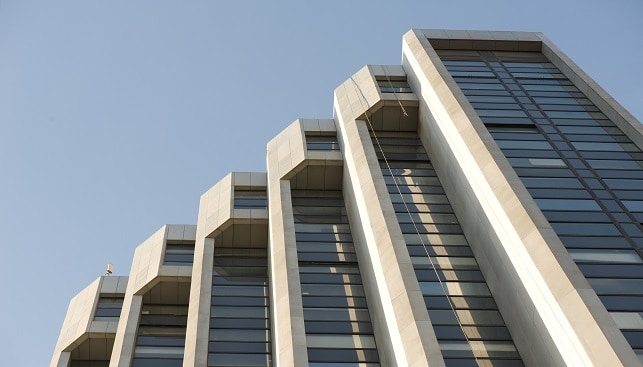
Diamond Exchanges in Dubai, China have already started trading in Lab-Grown Diamonds (LGDs). What is the status of LGDs in the Israeli diamond industry now? And, how do you think LBDs will fare out, going forward?
Up till now there has been a strict policy in Israel against lab-grown diamonds. LGDs have been forbidden on the trading floor of the Israel Diamond Exchange for years. With all of the hype and news about synthetics, and with De Beers entering this field itself, there have been calls within the industry to re-examine IDE’s position. The subject is still under discussion and has not yet been decided.
In general, we believe that natural diamonds will not be replaced by LGDs and that the significance that is attached to a diamond – love, commitment, everlasting – cannot be transferred to a man-made diamond. They are a different product and must be clearly labelled as such to avoid confusion.
Diamond manufacturing activities in Israel have reportedly decreased in the last few years due to the high cost of labour, with imports of polished goods and trading being on the rise. If true, where do you see the industry in the next 10 years?
Israel will remain a manufacturing center for large and special diamonds, where we have developed expertise and have a definite advantage. That’s why IDI is investing in a new manufacturing facility especially for these stones which we are building now within the IDE complex. It will be completely secure, will offer the most advanced technologies, and will be a very attractive and pleasant environment for polishers, based on the concept of WeWork. Chinese diamond companies are already looking at sending their large stones to Israel to have them polished in this facility. We are sure that this factory will be very busy and an additional one is already in the planning stages.
Aruna Gaitonde, Editor in Chief of the Asian Bureau, Rough & Polished
